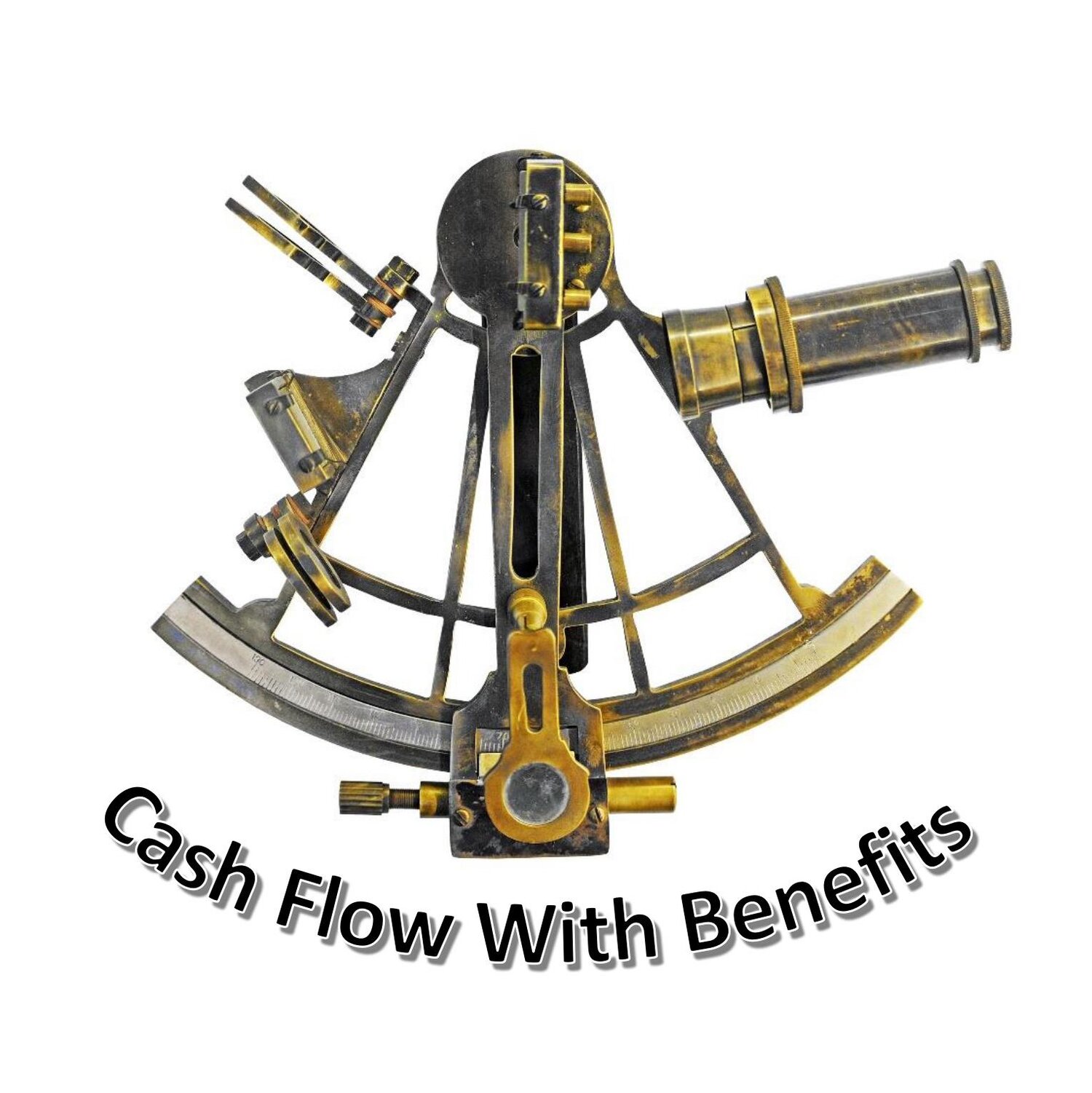Having an emergency fund, is one of the foundations for building financial independence. The traditional way people store money for emergencies is in a savings account. However, by using a bank savings account you lose out on significant amounts of cash value over your lifetime.
Now, the purpose of an emergency fund is clear–you want to have liquid money to use when and if you need it. Once you do use the money for an emergency, you want to build it back up again.
What is the downfall of this cycle? Well it is not the cycle itself, that is completely necessary, the problem is the compounding interest is interrupted every time the money is used for an emergency. And over your life that can be significant.
People get the impression that to have safe liquid money, they must exchange safety for little to no growth.
But with competitive growth rates in whole life insurance, this is not the case.
For example, a 40-year-old with $25k in his life insurance policy which could represent his emergency savings fund. He can borrow and pay that money back as often or as little as he wants, however, in the end, just by letting that money compound, he would end up with $100-$125 thousand dollars in his life insurance policy. Not to mention tax-free growth, death benefit, and safe money.
If he had this money in a bank account, he would (at 1%) have around 33k at the end of his life. Not to mention it would have no death benefit and grow with no tax advantages.
That is a 70-thousand-dollar difference. And the way things have been in our country recently, I know most if not all retirees could use another 70k right about now.
Now, I am not saying take risk with this emergency fund. The entire point is to avoid all risk on this money. So, if you are unclear about whole life insurance still, and all the benefits and advantages, then signup for one on one presentation on the schedule appointment page and continue reading the other blog posts. It will give you a clearer understanding of why this is a safe option.
However, when it comes to your emergency fund, you want it to be somewhere safe and accessible. Your choices currently are between a bank account, CD, bond, or whole life insurance. So, the question really is do you want 1%, 2%, 3%, or 5% earnings over your lifetime?
Do you want those earnings to be taxed? Trust me you will feel the pain when you file your taxes, when using anything other than a whole life insurance policy.
Whole life insurance, as I said before, fits everyone differently. However, when it comes to an emergency savings fund, whole life insurance is going to be unmatched.
